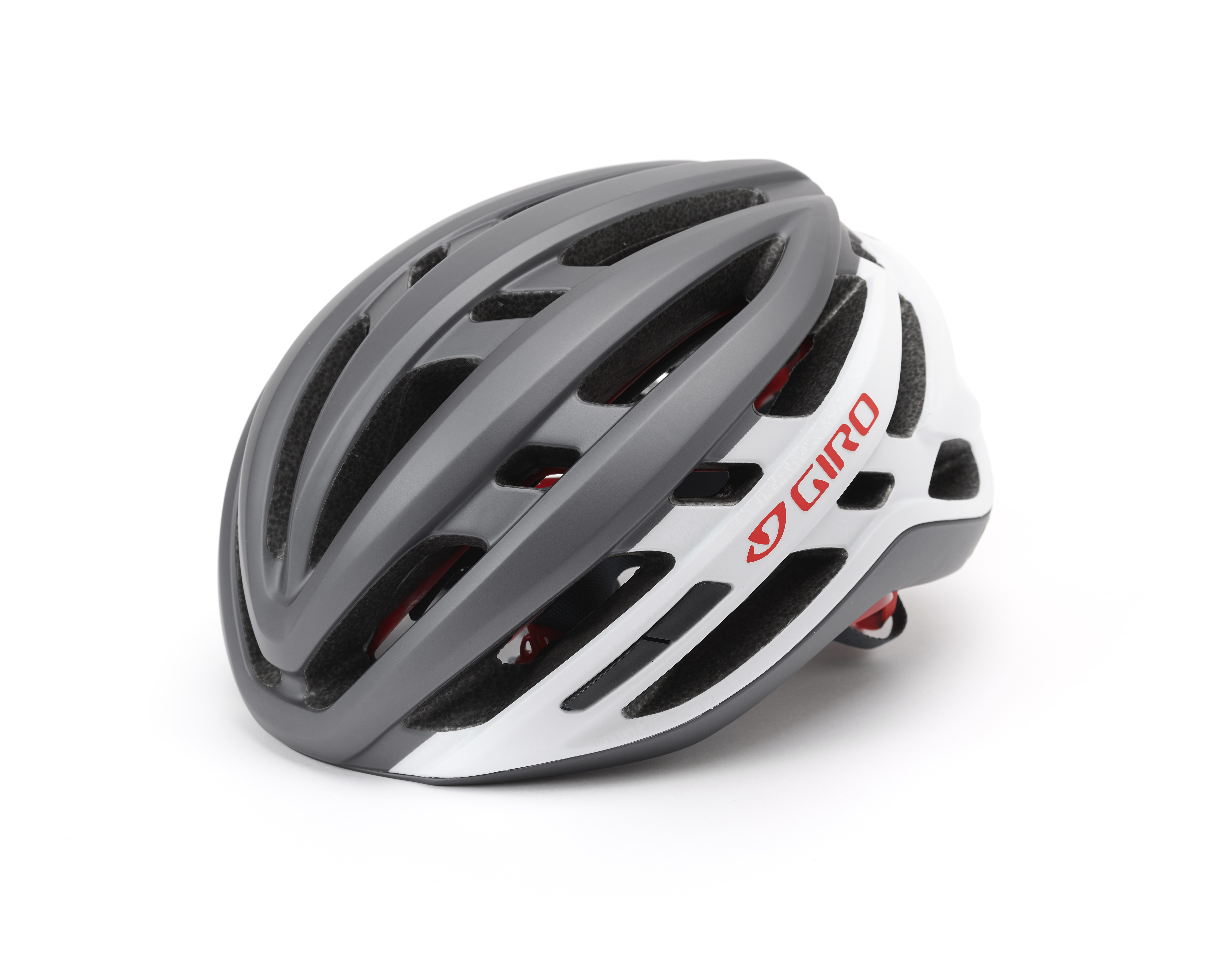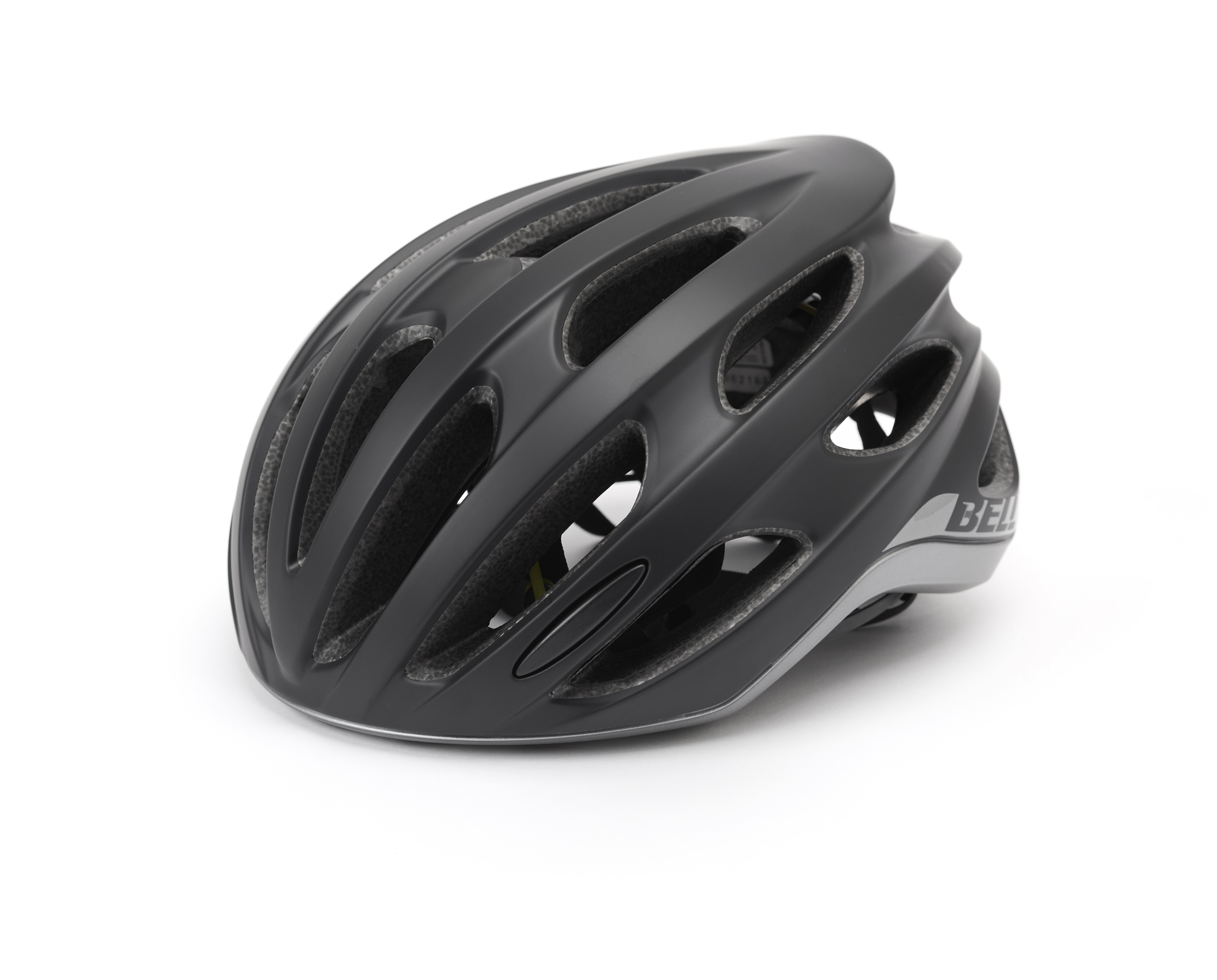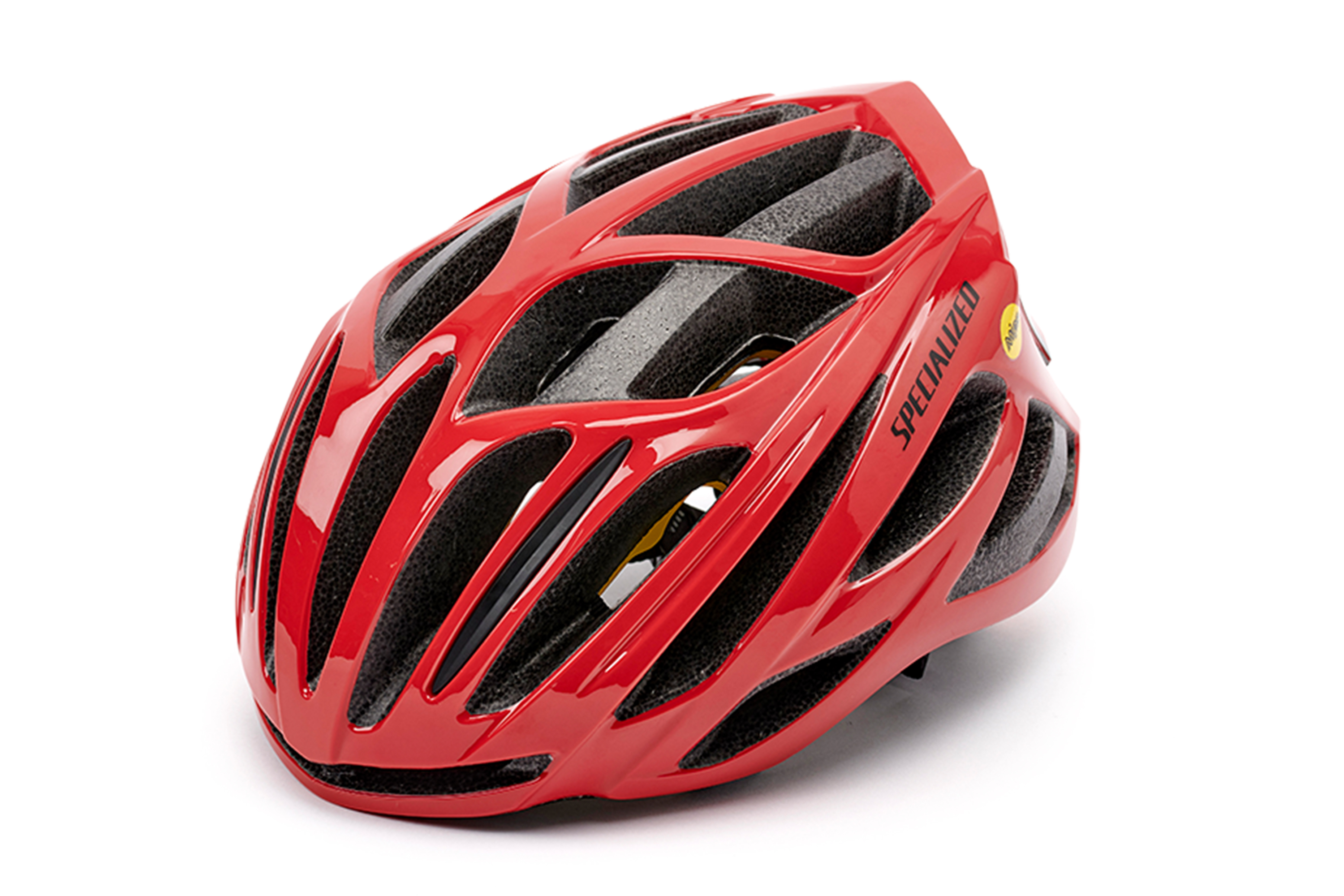Best road bike helmets for triathlon in 2024
A well-chosen bike helmet will increase your safety, aerodynamics and riding comfort. Here are seven of the best we've tested.

Our recent helmet buyer’s guide has involved the best aero road helmets being put through their paces in the wind tunnel (check out the results here), but now it’s the turn of the best road bike helmets that don’t have an aero focus.
That’s not to say drag-reduction wasn’t considered when testing, but the focus here is more on comfort, ventilation and added features over watts and painstaking yaw-angle analysis.
We’ve also tried to focus on more affordable options compared to the expensive aero helmets featured in our other aforementioned test.
Best road bike helmets in 2024
Giro Agilis Mips

- £99.99 / $100
220 Triathlon verdict
Quality construction, safety features and style Score: 92%
Pros
- Well ventilated
- Aero design
- Great comfort
Cons
- MIPS adds weight
The Giro Agilis MIPS truly shines as a do-it-all helmet. The intergrated MIPS is a big plus, though this does add some extra grams.
There are a huge 32 ventilation channels, so breathability was no problem and we felt extra aero.
The padding is plush, and the adjustment is easy to use for a close and comfy fit.
Bell Formula Mips

- £79.99 / $95
220 Triathlon verdict
Ticks nearly every box, but we’d go for the yellow Score: 88%
Pros
- Wide fit
- Lots of vents
- Long-lasting materials
Cons
- Black isn’t very visible
Best suited to wider heads, the Formula is quite light (275g) and has MIPS for extra safety appeal.
The Formula’s outer shell is bonded to the EPS foam for a durable build.
Plus, it has a cool 19 ventilation channels. The straps and back retention system were also easy to use in practice.
Smith Optics Persist

- £109.99 / $130
220 Triathlon verdict
Solid lid, but pricier and heavier than most here Score: 78%
Pros
- Readily adjustable
- MIPS protection
- Visible colour
Cons
- Relatively heavy and pricey
The Persist is noticeably heavier and more expensive than others on test, but it does offer more back-of-head coverage and feels durable.
We’re always happy to see MIPS on a lid and the orange colour adds further safety appeal.
The adjustment dial and straps are easy to alter on the move and comfort is added by the impressive 21 ventilation channels.
Abus Viantor

- £84.99 / $99.99
220 Triathlon verdict
Functional and stylish enough, if a little pricey Score: 76%
Pros
- Overall performance
- Forehead protection
Cons
- Padding coverage could be better
- Low peak can obscure vision
The Viantor from Abus offers more forehead protection than others on test, yet some might find this infringes on range of vision.
Oddly though, the slight padding set inside this lid doesn’t cover internal ridges.
Meanwhile the adjustment system, 269g weight and ventilation via the 18 channels are all adequate.
Limar Air Star

- £94 / $139.95
220 Triathlon verdict
Smart, light and aero benefits, but could be more vented Score: 87%
Pros
- Low weight
- Looks aerodynamic
- Comfortable strap
Cons
- Not the coolest
The sleek and light 270g Air Star stands out with its handy back adjustment ratchet doubling up as a three-mode light at the touch of a button.
If you’re looking for an extra aero lid, Limar’s model up from the Air Star – the Air Speed – has scored very highly in our own wind-tunnel tests.
We also like the Air Star’s soft chin pad and slick red outershell covering the EPS foam.
HJC Atara

- £75 / $96
220 Triathlon verdict
Aero on a budget, but beware of the large sizing Score: 80%
Pros
- Low-priced aerodynamics
- Good comfort
Cons
- Comes up large
- More internal padding required
Developed in the wind tunnel, this helmet is aero-looking with minimal (14) ventilation channels, though we didn’t find this caused any overheating.
Comfort is decent and we like that the EPS foam is covered by the smooth outer shell, though more padding would have been appreciated.
Specialized Echelon II Mips

- £80 / $90
220 Triathlon verdict
Comfy, stylish and safe, but about 50g too heavy Score: 76%
Pros
- Good looks
- High safety rating
- Cool and comfortable
Cons
- Weighty
The Echelon II is a much more affordable option than other Specialized lids like their Evade.
The Echelon does everything else superbly well, though, with ventilation aided by 31 sizeable air channels, comfort from decent pads, and lots of adjustment available.
Plus, we love the bold colour choice.
How we tested
All of the helmets featured here were tested by former 220 Triathlon features editor and former Cycling Plus editor Matt Baird.
Matt has been a triathlete and gear tester for over 15 years.
Each road helmet reviewed here has been tested in a range of conditions across multiple rides. They’ve been reviewed against the criteria listed in the next section of this article.
What to look for in the best road bike helmets
While EPS (expanded polystyrene) still dominates the build of road helmets (Hexr’s plant-based Polyamide-11 construction helmet is three-times this test’s budget cap), the helmets here still take noticeably different approaches to comfort, ventilation, aerodynamics and safety.
Comfort is key and, while trying before you buy is the ideal, the range of internal height adjustments, retention systems, strap adjustability and sizing variations will likely ensure these helmets fit most head shapes.
As opposed to aero road helmets or especially cone-shaped TT lids, the more traditional helmets here offer increased ventilation due to the larger number of air channels; great for hilly rides in the summer, but you’ll want a skull cap underneath in the depths of winter.
Finally, and most importantly, comes safety. The helmets here pass the relevant safety tests for European retail, but some come with added protection measures, including crash replacement options, reinforced EPS foam and MIPS (Multi-Directional Impact System).
The latter aims to help with rotational impacts by allowing the EPS shell to move up to 15mm over an inner liner, hopefully reducing the energy transfer that can cause concussion or more serious brain injuries.
MIPS does add weight, costs more and the benefits still aren’t 100% conclusive, but recent tests by both Virginia Tech and the Road Safety Trust both highlight the benefits of MIPS, so the signs are good.




